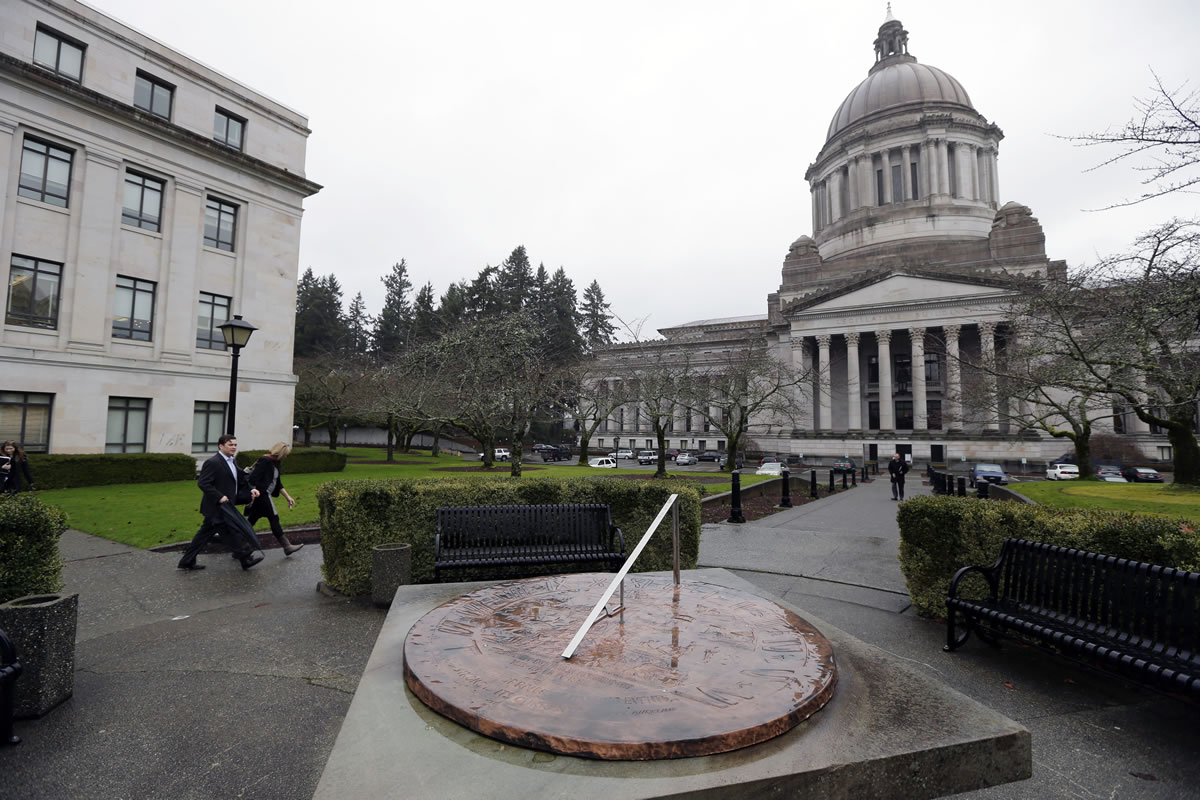SEATTLE — Washington lawmakers considered a plan Thursday that would eliminate a decades-old tax break now used by oil refineries to save millions of dollars each year.
A state House committee heard testimony on a bill that would narrow a tax exemption for extracted fuels and direct the new revenues to the state education system. The state projects the change would raise an extra $30 million a year for the state and another $10 million a year for local governments.
Democratic Rep. Reuven Carlyle says the tax break that was approved decades ago was not intended for the oil industry.
“It is an accidental tax preference,” Carlyle said. He argued that the state should prioritize the money going to schools.
Industry lobbyist Greg Hanon said oil companies paid over $260 million in Washington state taxes in 2011 and contended that the tax break seems to be a good return on investment for the state.
Carlyle, however, said those numbers lacked context since lawmakers don’t know how profitable the industry was in the state. Republican Rep. J.T. Wilcox, meanwhile, said the tax break appears to have been successful in helping develop the state’s oil refining sector, because the refineries arrived after the tax break was created.
Tom Rizzo, who manages the Shell refinery in Anacortes, said the refinery fuel gas that’s being taxed is used on site to run operations. He said that fuel can’t be stored and there’s no place to sell the product. If it doesn’t get used on site, it would be burned off as a waste product, Rizzo said.
Rizzo argued that getting rid of the tax break would penalize refineries for efficiently using resources.
Jessica Finn Coven, the Washington state director for the organization Climate Solutions, said the state should choose to invest in school kids before investing in fossil fuel companies that are very profitable.
“We think that closing this loophole is a simple choice,” she said.
Lawmakers did not take a vote on the measure Thursday.



